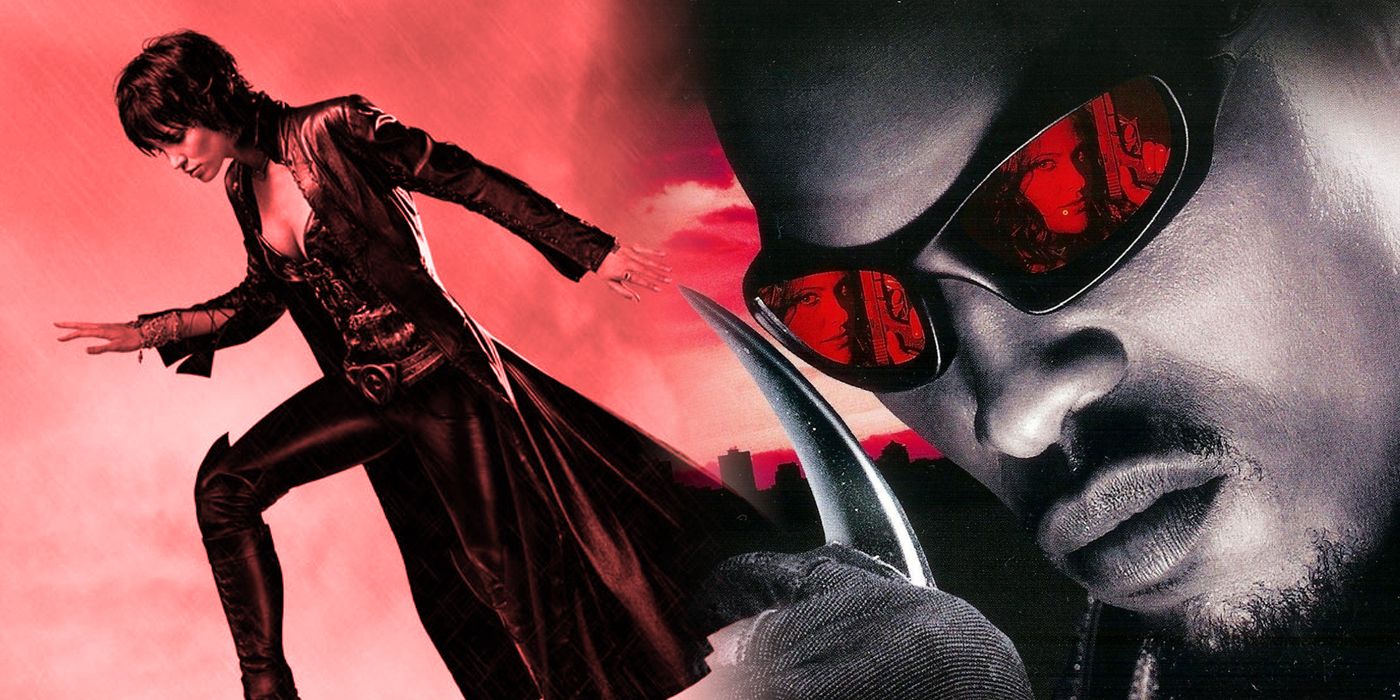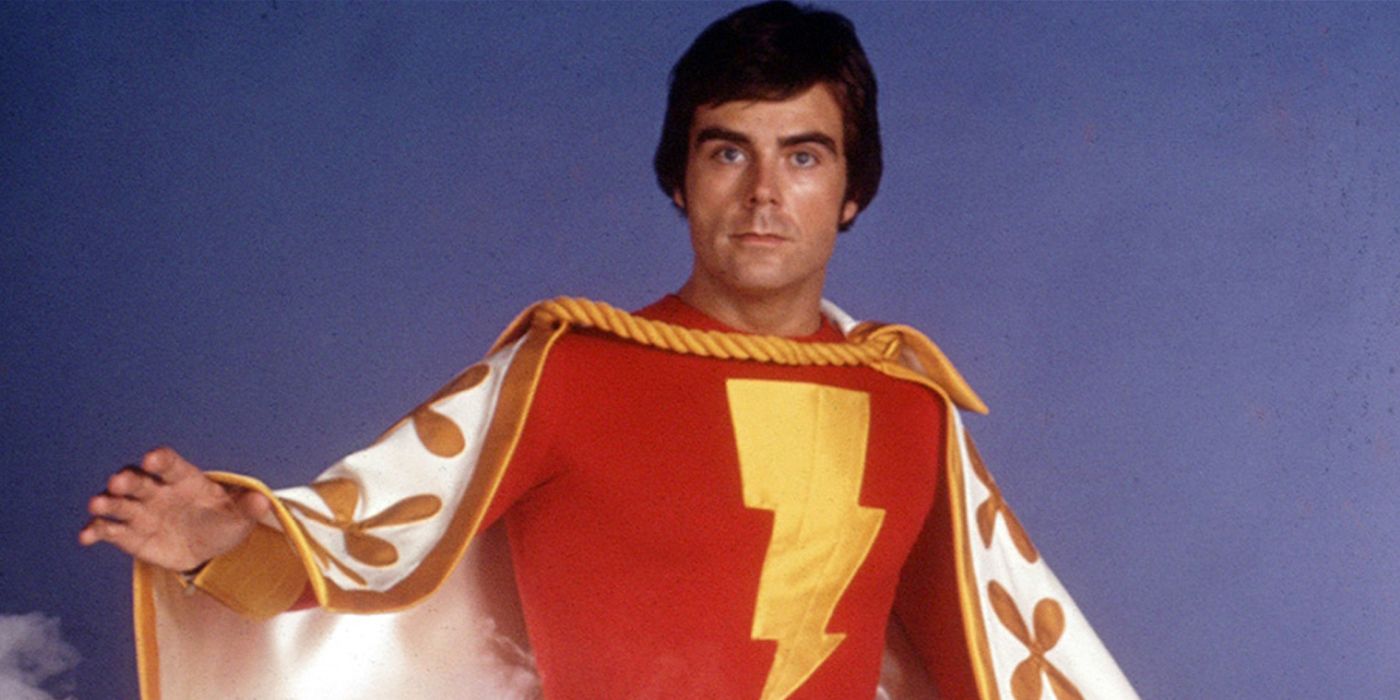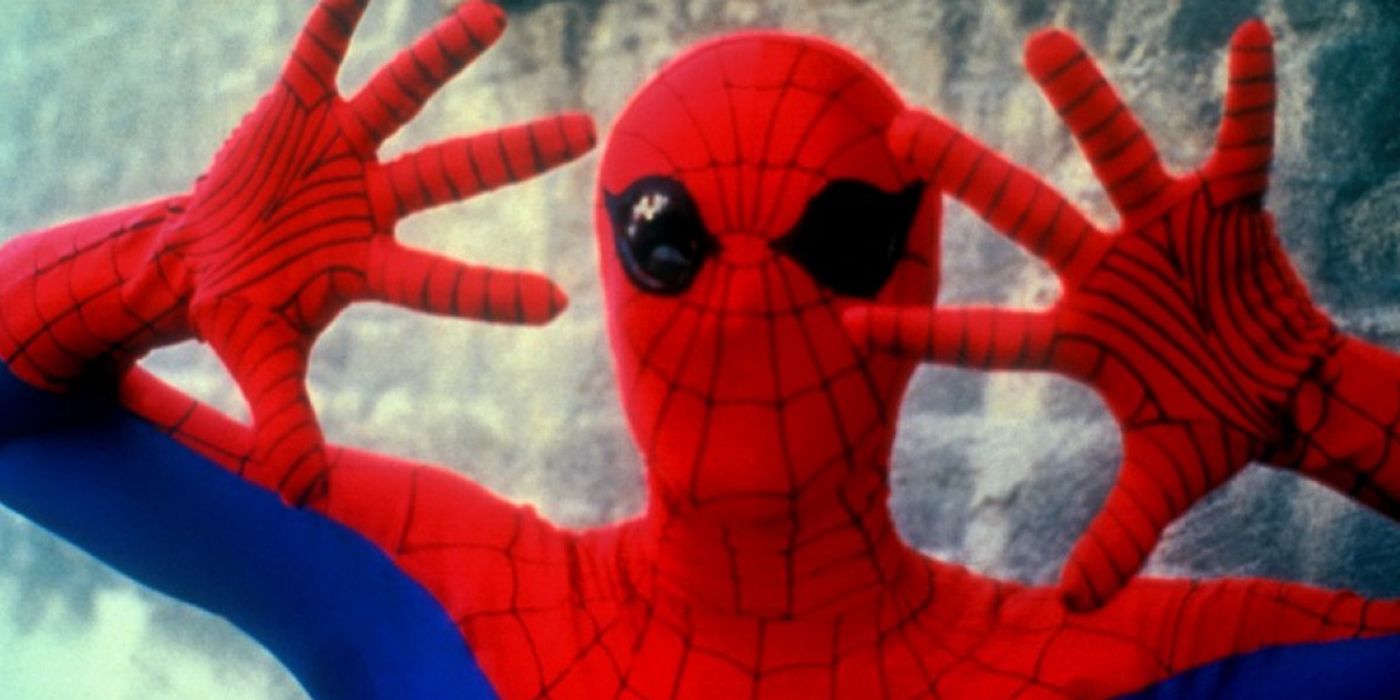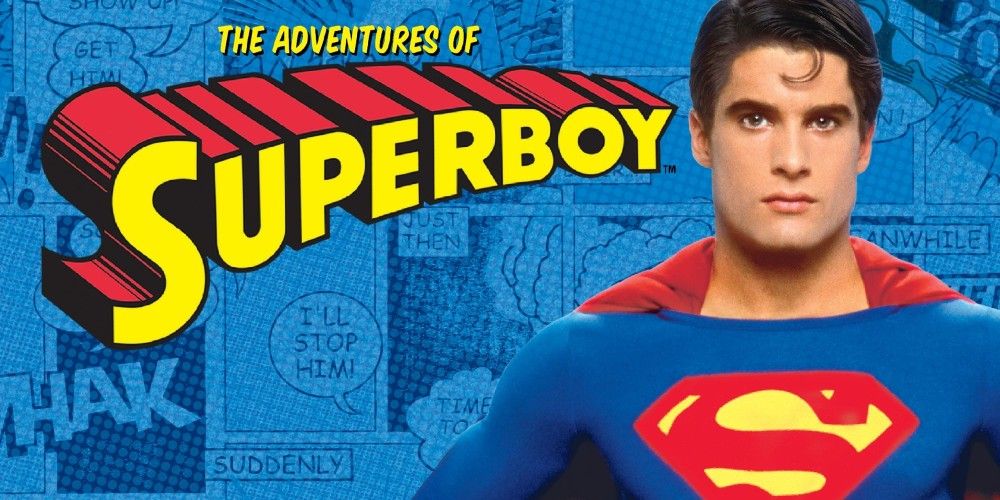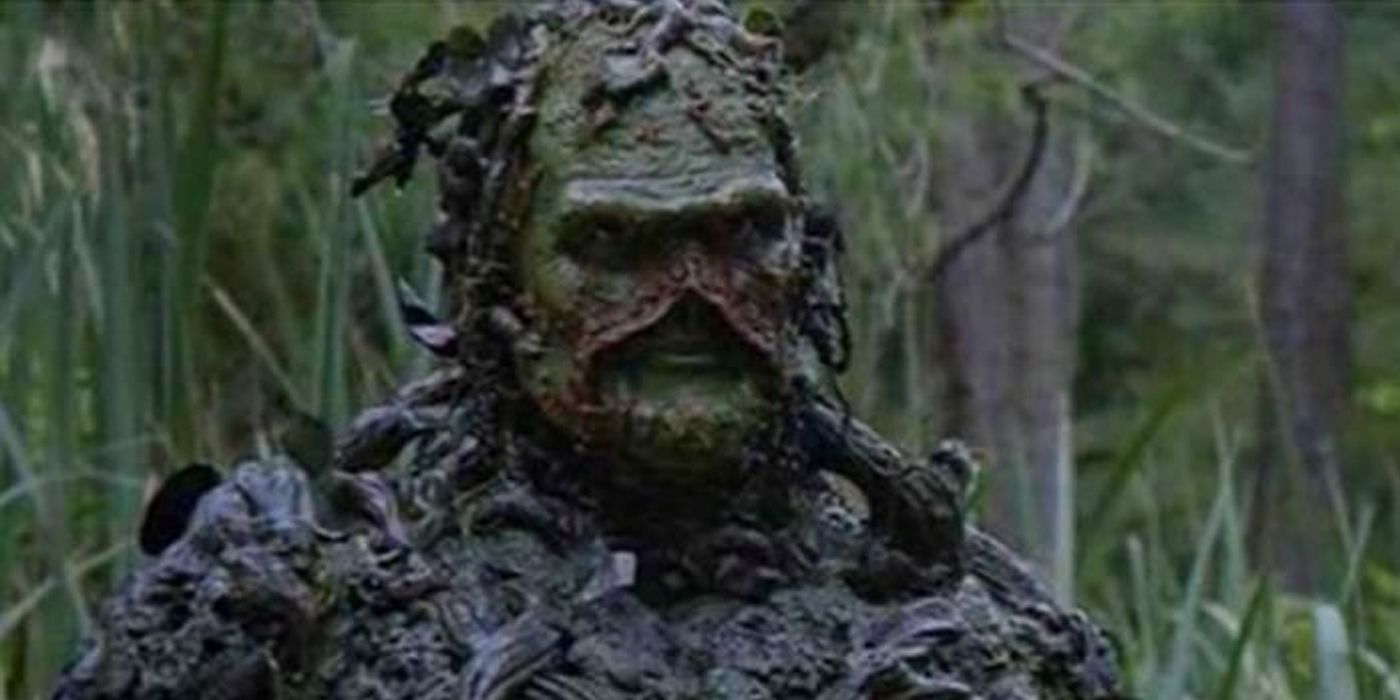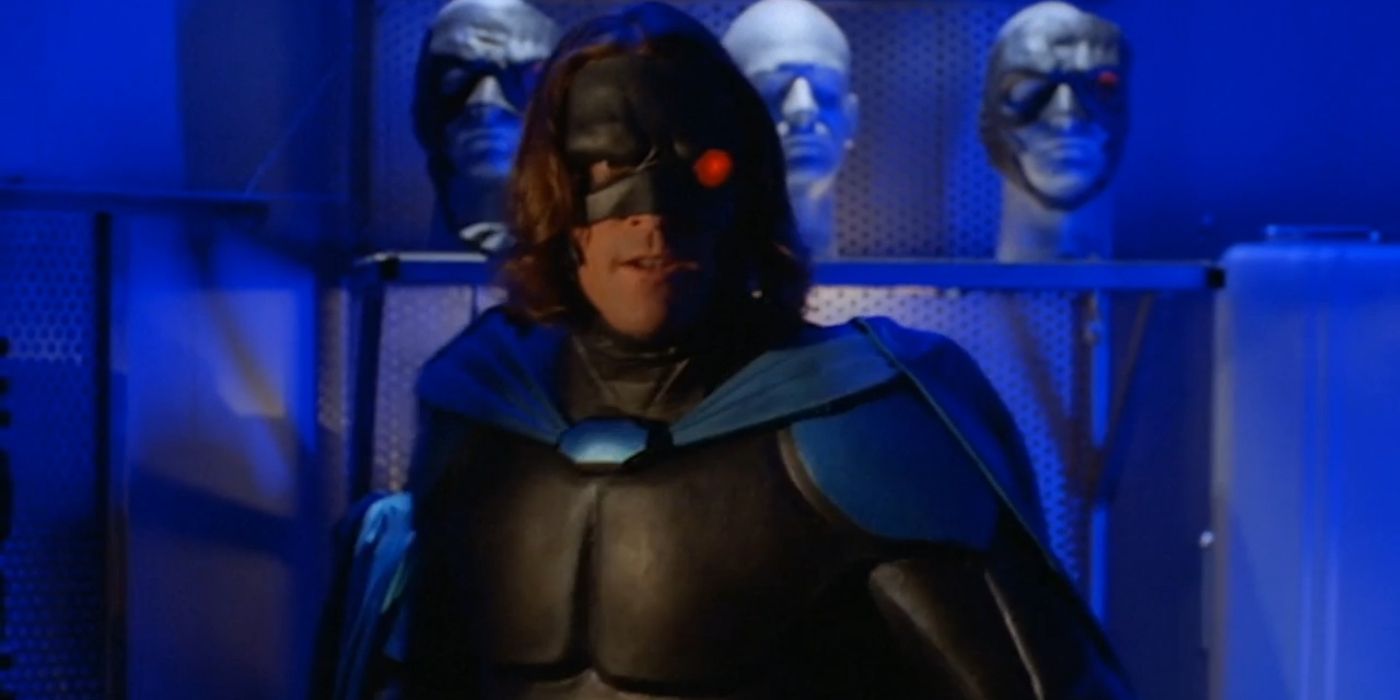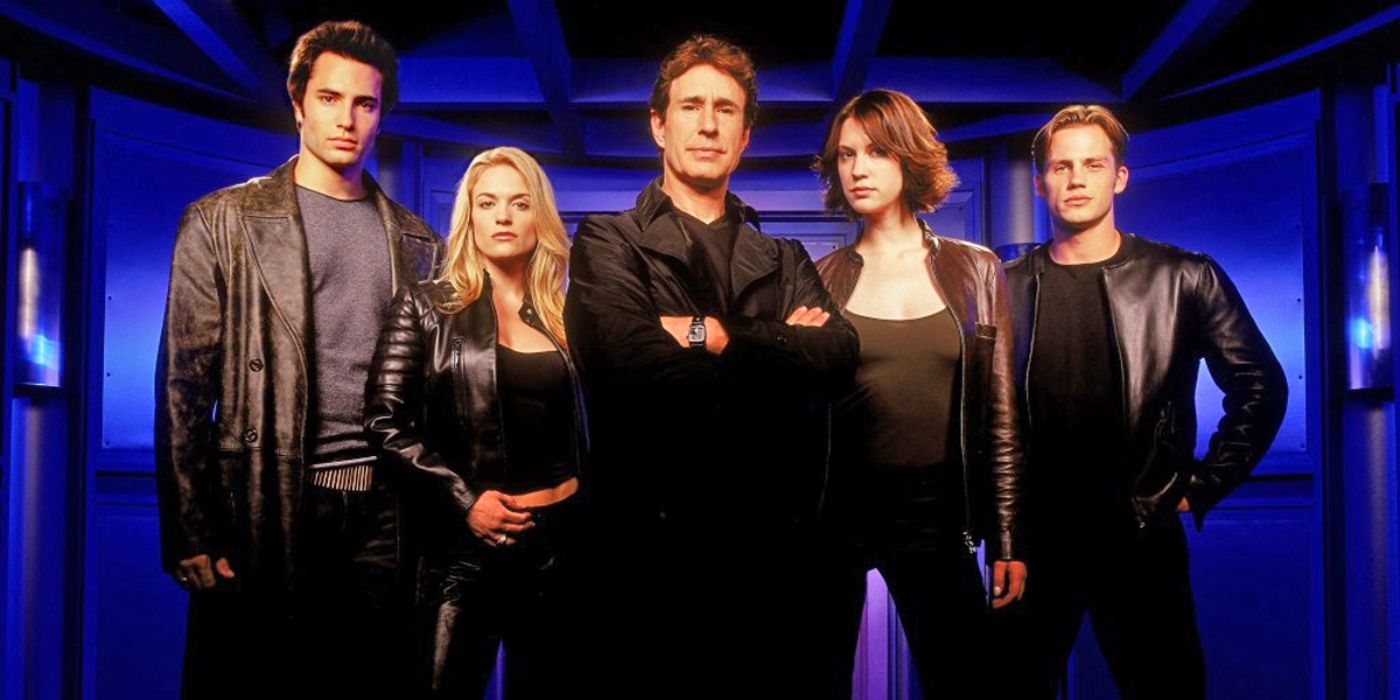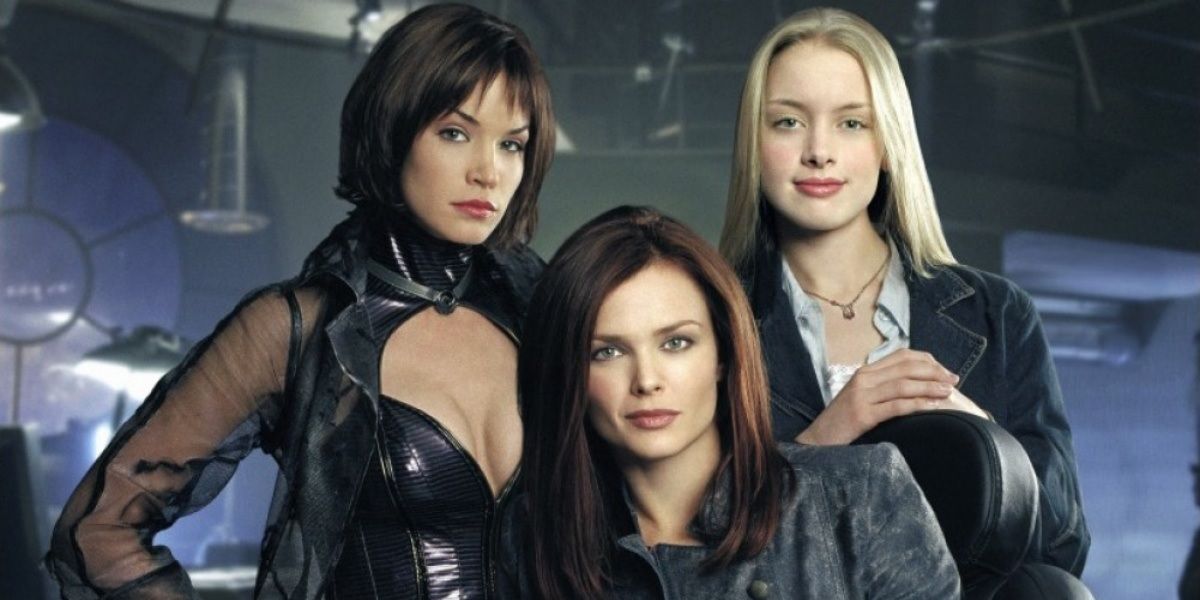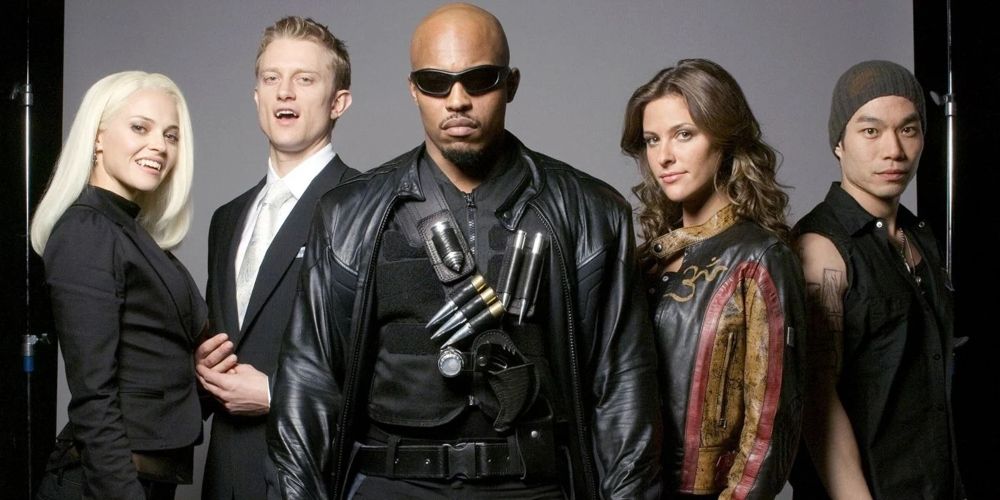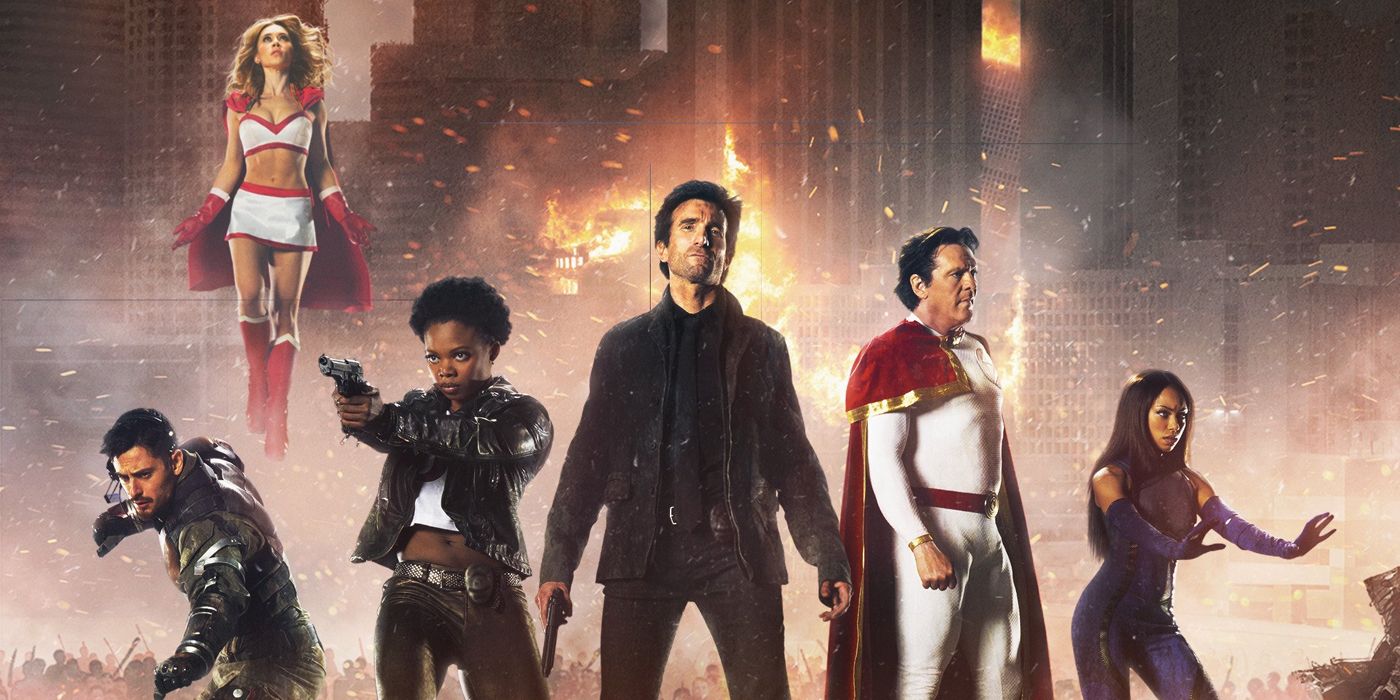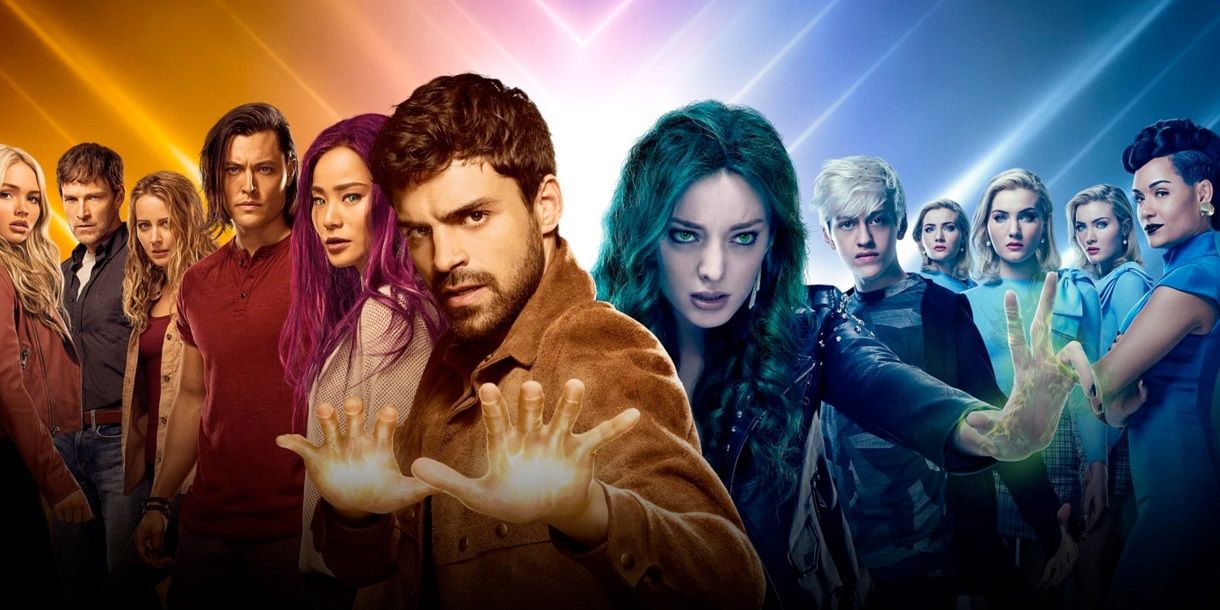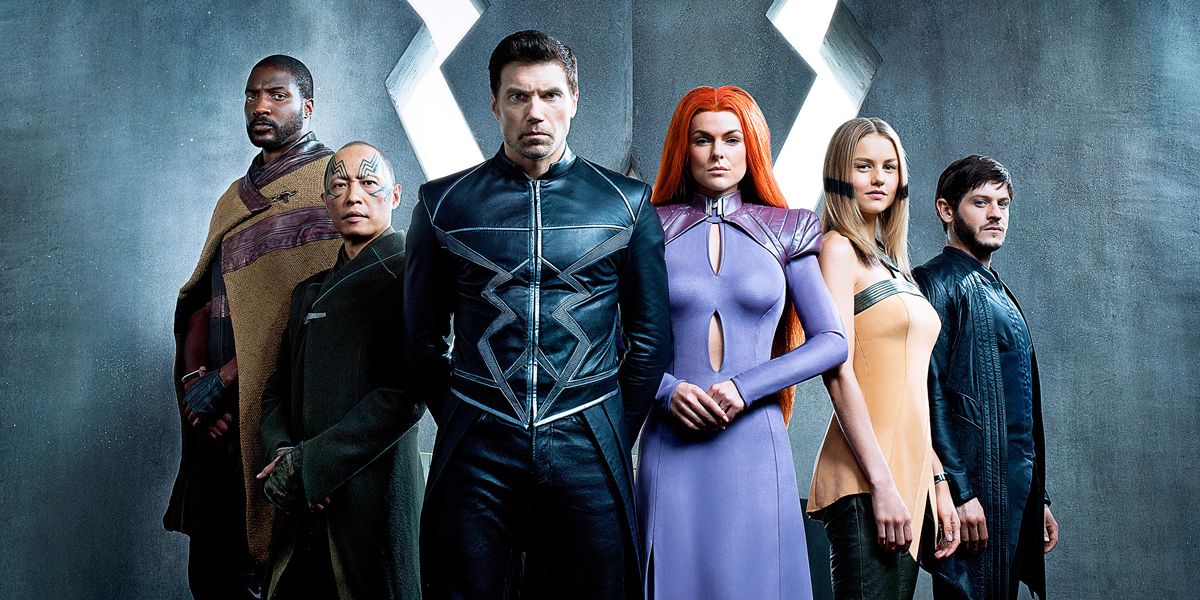Some of the best live-action superhero shows continued drawing in new fans over the last few years. The success of DC series like Arrow led to an ongoing universe of connected shows on The CW. The Marvel Cinematic Universe’s popularity further encouraged creators to tackle other Marvel characters on the small screen with hit series like Daredevil.
Today, audiences enjoy series like Moon Knight, Loki, and Doom Patrol. Because there’s no shortage of great, modern superhero TV, it’s no surprise that some shows have fallen out of the audience’s minds.
Updated on July 27, 2022 by Scoot Allan: San Diego Comic-Con 2022 featured a few announcements of new TV shows that excited fans. The new shows join a large selection of similar series given the current popularity of comic book TV adaptations. With so many new series being announced every year, a few superhero shows from the past sometimes fade away from the fans’ memories.
15 Shazam! (1974) Got Overshadowed By Other Shows At The Time
Shazam! was based on the Golden Age Captain Marvel comics that would later join the main DC universe. The TV series followed the adventures of Billy Batson, a boy who could transform into the heroic Captain Marvel. Unlike the comics, Billy drove around in an RV with a new character named the Mentor. Characters like Mary Marvel and Freddy Freeman never made an appearance.
Shazam! arrived on the heels of the wildly successful Batman show starring Adam West. Batman proved entertaining for both adults and kids, using camp to its advantage. Shazam! was bright and flashy, but not quite as clever or nuanced as the Emmy-nominated Batman series.
14 The Amazing Spider-Man (1977) Wasn’t As Flashy As Its Japanese Counterpart
The Amazing Spider-Man ran for just 13 episodes in 1977-79 before being canceled. It also became one of the lowest-rated superhero shows on television at the time, since it had to contend with more successful shows like The Incredible Hulk and Wonder Woman.
Since The Amazing Spider-Man‘s cancelation, its Japanese counterpart, Spider-Man largely overshadowed the prior’s place in pop culture. Toei produced the Spider-Man TV show produced just one year after the American series. Viewers found it easier to give the Japanese Spider-Man a chance thanks to his giant robot Leopardon, unique origin and fun storylines.
13 Superboy (1988) Was Followed By More Popular Superman Shows
Over four seasons, Superboy followed the adventures of a young Clark Kent in college. Many of Superman’s supporting cast from the comics, like Lana Lang and the Kents, found their way into the series. Superboy also featured a few of Superman’s comic book villains like Lex Luthor and Metallo.
Superboy was fairly successful and partially inspired by the Richard Donner Superman film. The series departed from the comics in later seasons when Clark Kent and Lana Lang began working for a government organization. In time, 90s series like Lois & Clark: The New Adventures of Superman and Superman: The Animated Series replaced Superboy in many viewers’ memories.
12 Swamp Thing (1990) Had A Low Budget And Was Unintentionally Campy
The 1982 Swamp Thing film was dark and eerie with many unsettling shots. It followed Alec Holland’s struggles with the evil Anton Arcane as Swamp Thing, Guardian of the Green. The TV series deviated from its source comic book mythology and introduced new characters like the Kipp family.
Due to a lower budget, the television series didn’t quite match the tone of the movie. Swamp Thing‘s attempts at horror came off as unintentionally campy, and the costume didn’t feel convincing at times. Despite its flaws and poor critic reviews, the series ran for 72 episodes across three seasons. The new Swamp Thing series from 2019 further overshadowed the forgotten original.
11 M.A.N.T.I.S. (1994) Wore An Advanced Exoskeleton To Fight Crime
Carl Lumbly starred as Dr. Miles Hawkins, a paralyzed scientist turned superhero in the M.A.N.T.I.S. TV series. Hawkins created an experimental exoskeleton known as the Mechanically Augmented NeuroTransmitter Interactive System. This allowed him to become a vigilante in order to take down a government conspiracy that extended to the police.
M.A.N.T.I.S. was an original series, rather than a comic book adaptation. The two-hour pilot set a different expectation than the actual series delivered on. Besides recasting most actors, the creative team retooled and simplified the premise. The later episodes abandoned the grounded sci-fi elements for more ridiculous fantasy moments that ultimately doomed the show and erased the fanbase.
10 Night Man (1997) Was A Cheesy Adaptation Of The Ultraverse Hero
A live-action series loosely based on Night Man from Malibu Comics’ short-lived Ultraverse aired in 1997 for two seasons. Night Man followed jazz musician Johnny Domino, who gained the ability to sense evil after he got struck by lightning. He wore a bulletproof costume and used tech that gave him additional abilities like flight and a laser eye as Night Man.
Night Man was shot with a low budget, which resulted in quite a few cheesy moments in the live-action adaptation. Marvel eventually bought Malibu Comics, shit it down, and canceled the series. The Ultraverse disappeared and Night Man faded away into obscurity, although some fans fondly remember it.
9 The Tick (2001) Was Enjoyable But Didn’t Hit With Fans
The Tick was a sitcom based on a comic book series of the same name created by Ben Edlund. Before the release of the 2001 sitcom, The Tick had been adapted into a very successful animated series in the early 90s.
Patrick Warburton starred as the wacky superhero in the beloved series. Despite the positive fan and critical reaction, the series only had a brief nine-episode run. With the massive success of the earlier animated series and another live-action adaptation released in 2017, the 2001 series became somewhat forgotten.
8 Mutant X (2001) Was A Thinly-Veiled Copy Of The X-Men
While Marvel didn’t have the rights to the X-Men, production forged ahead on a TV show called Mutant X that used similar themes and characters. Mutant X featured a team of experimental test subjects. They gained incredible powers as mutants, and the series had no connection to the Marvel comic of the same name.
The similarities between the X-Men and Mutant X even led to a lawsuit by 20th Century Fox who owned the Marvel mutants’ film and TV rights. The TV show got canceled after three seasons when one of the production companies shut down, ending the series on a frustrating cliffhanger.
7 Birds Of Prey (2002) Explored A Gotham Without Batman
Birds of Prey took place in Gotham City, which was struggling without Batman. The series followed the adventures of Barbara Gordon and Helena Kyle, Batman and Catwoman’s daughter. A connection to the original Batman movie franchise was never confirmed, despite footage from Batman Returns appearing in the opening credits.
The series featured popular DC villains from the comics like Lady Shiva, Clayface, and Harley Quinn. Even though Birds of Prey premiered with 7.6 million viewers, its viewership and ratings soon fell off. Warner Bros. canceled the series after just 13 episodes.
6 Blade: The Series (2006) Couldn’t Live Up To The Films
Blade: The Series (also released as Blade: House of Chthon) took place after the events of the Blade film trilogy, with Kirk “Sticky Fingaz” Jones taking over as the vampire hunter. The show received mixed reviews, and many felt the new adaptation was more concerned with style than substance. Blade: The Series featured flashy action scenes but underdeveloped characters and plots.
Reviews combined with a sizable budget that didn’t pay off forced Spike TV to cancel the series after 13 episodes. The Blade Trilogy helped reinvent the vampire genre, which left pretty big shoes for the TV series to fill. With a new Blade movie heading to theaters, fans quickly forgot that there was a TV show.
5 The Cape (2011) Wasn’t Based On An Existing Property
The Cape, unlike most superhero TV shows, was an original concept not based on pre-existing comic books. Vince Faraday earned a reputation as a good cop in Palm City before finding himself framed for several murders. Presumed dead, Faraday became a vigilante known as The Cape, hoping to clear his name and find those responsible.
The series received mixed reviews and only lasted for 10 episodes. The concept was interesting, and the series took itself seriously. Unfortunately, popular Marvel and DC shows airing at the time overshadowed The Cape, and its ratings quickly dropped.
4 The Powers (2015) Adaptation On PSN Was Quickly Forgotten
PlayStation Network launched its first original scripted series with an adaptation of Brian Michael Bendis and Michael Avon Oeming’s Powers. The series followed a former hero-turned-detective and his partner as they investigated crimes involving superpowered individuals.
Powers bounced back from a troubled pilot to deliver two celebrated seasons that featured great world-building and dynamic heroes and villains. However, due to the streaming series’ limited reach and some mixed reviews from critics, it had little-staying power and faded away.
3 The Gifted (2017) Was An X-Men Show Without The X-Men
20th Century Fox eventually got their own live-action X-Men series on TV after the issues with Mutant X in 2017. The Gifted followed a family of young mutants who joined the resistance against anti-mutant forces within the government that including the deadly Sentinel Services.
While the series definitely took place within the X-Men universe and featured a few recognizable characters, it didn’t actually include the X-Men. The Gifted initially developed a strong fanbase, but it started to fade by the second season. Disney’s purchase of 20th Century Fox led to its cancelation, leaving fans of The Gifted with some unanswered questions.
2 Powerless (2017) Placed DC Superheroes In The Background
The premise of Powerless was interesting. Employees at Wayne Security created products for victims of superhero/villain clashes throughout the DC universe. The connection to DC Comics was appealing, and the cast, featuring popular actors like Vanessa Hudgens, Danny Pudi, and Alan Tudyk, was impressive.
Powerless proved to be charming, humorous, and fast-paced. Some episodes were better than others, but the ratings quickly declined, and the series lasted only 12 episodes. Despite its short run, it was a fun, unique show that’s worth revisiting for fans of the DC universe.
1 Inhumans (2017) Fell Short Of Expectations
The Inhumans play a significant role in the Marvel universe. The Inhumans series announcement excited fans, especially since the characters were being pushed in the comics at the time. However, the show’s connection to the MCU felt ambiguous despite a loose connection to Agents of S.H.I.E.L.D.
Inhumans fell short for critics and audiences. Inhumans suffered from bland characters and dull narratives that seemed to indicate the TV show hated the source material. Marvel fans had largely pushed aside their memories of the show. However, Anson Mount’s return as Black Bolt in the Doctor Strange sequel briefly reminded fans of the failed series.
